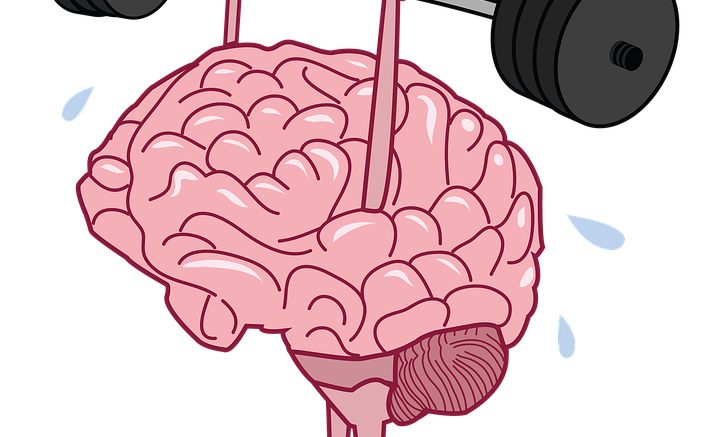One of the supplements that’s making noise in the health and wellness industry today are nootropics. When this is translated in Greek, the rough translation is along the lines of ‘to bend or shape the mind.’ And most rightfully so, its name is as accurate as it could possibly be—given that nootropics are claimed to boost creativity, high-level functions, and memory. Generally, these claims come from very core of the supplement’s makeup, which are created to have a mixture of food-derived vitamins and nutrients that bring about these benefits.
But what’s the science behind this? Does it work? How does it work? What are its benefits? There are many things you have to learn about nootropics, especially when finding the best nootropics brand in the market, to fully understand its function. This article brings to light everything you need to know about this new health supplement.
What The Science Behind Nootropics Is?
It’s important to understand that the science behind nootropics is highly dependent on the ingredients it contains, which is what is believed to enhance the power of these nootropics and make them effective.
While the specific pills labeled as ‘nootropics’ are relatively new, the science and study behind this isn’t in its infancy anymore. Many years back, there were continuous studies on the mind’s function like improving cognitive function.
For instance, the brain boost or energy boost that nootropics claims to bring is largely due to its caffeine content. Caffeine is one of the most common natural nootropics typically found in coffee. But while this is effective, the only caveat of this is that it’s only good as long as the substance is still in your body. Naturally, once it leaves your body, then you lose its effects.
Along with this, you’ll also have to understand the brain’s neuroplasticity or its ability to recognize and change itself in intrinsic and extrinsic factors. Nootropics may promote enhanced brain function. But this doesn’t mean that if there is an absolutely need for you to do so, you’d no longer have to go through other interventions like psychotherapy. If you intend to use nootropics for this purpose, it may still be the best to pair these together.

Different Kinds Of Nootropics
There are endless kinds of nootropics now out in the market. You may not be aware of it, but you may even already be taking in some kind of nootropic. Caffeine in coffee and tea is one common example. But there are also other types such as racetams, specifically piracetam, a very common type of nootropic.
In the United States, this can often be bought over-the-counter, but that isn’t necessarily true for other countries. These are typically used for older adults who experience a decline in their thinking skills.
While there are over-the-counter nootropics, there are also prescription ones, usually stimulants like those present in ADHD medication and the alternatives to Adderall. Remember, however, that its main purpose is for ADHD patients and not just for anyone who wants to improve their focus.
Here are some specific ingredients or chemicals that are normally found in nootropics:
- L-theanine: These may enhance the mental benefits of caffeine, along the lines of helping your better multitask.
- Creatine Monohydrate: If you’re taking workout supplements, creatine is one of the most common ingredients that can build muscle mass. In healthy people, the intake of creatine may also improve short-term memory and reasoning skills.
- Omega-3 Fatty Acids: These are some of the most famous mental enhancers, and studies support that it could improve heart health. It’s said to hold the secret to renewing and repairing brain cells.
Note that if you don’t really need to be prescribed that specific nootropic, then there’s absolutely no reason for you to take it. There are potential side effects like addiction, insomnia, circulation problems, and blurry vision, among other symptoms.
How Safe Are Nootropics?
Then comes the question, are nootropics safe?
Generally, yes, nootropics are safe. But this doesn’t mean that you should let your guard down. Just like any other supplement, whether natural or synthetic, this doesn’t mean that it doesn’t have any side effects. So you should be extremely cautious.
There’s still much research that have to be done on specific nootropics, so always seek the advice of a doctor. If you’re keen on using nootropics, be sure that you follow your doctor’s orders and you keep within the parameters of what’s safe.
Conclusion
With all the supposed benefits of nootropics, there’s no denying that its appeal in possibly boosting your brain power can seem quite appealing. It shouldn’t come as a surprise that the use and popularity of nootropics are on the rise.
Whether you take it or not is your choice. But it’s also important to seek the advice of a medical professional. Though generally safe, this doesn’t mean that it’s not without any side effects, so the sound advice of a medical professional can keep you on the loop about this.
